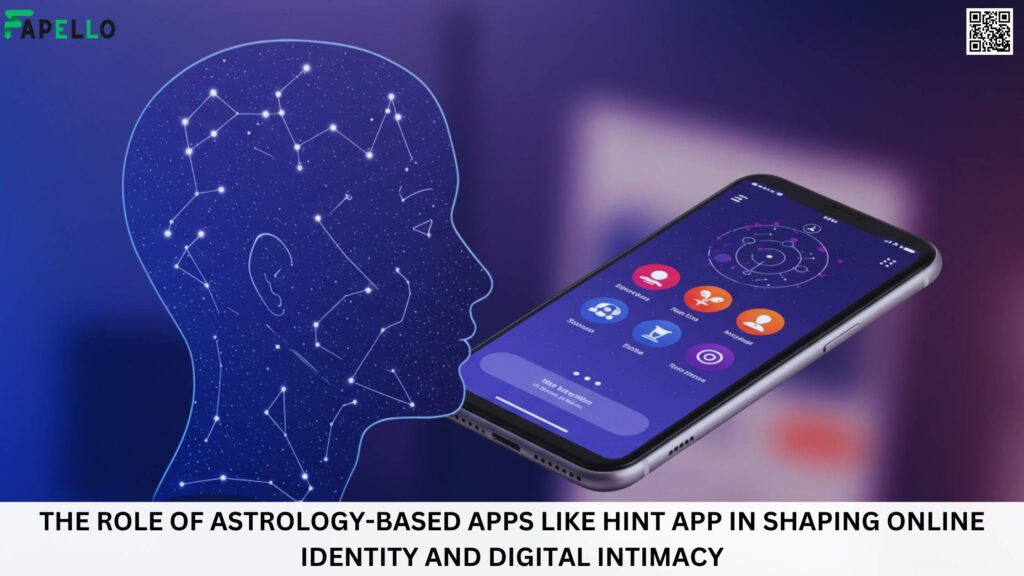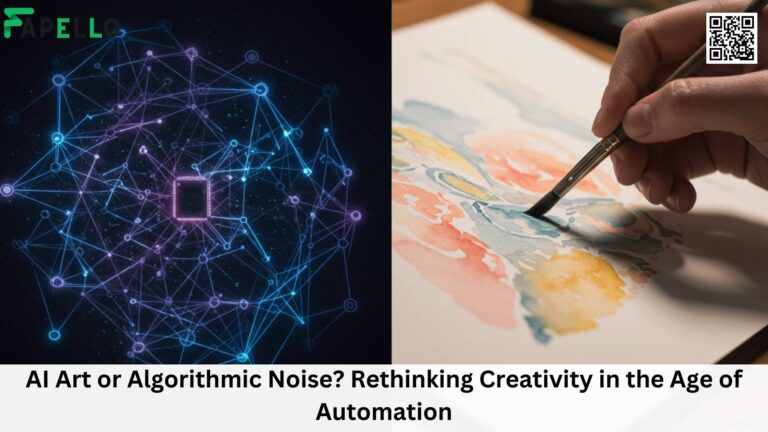In an internet landscape saturated with performative content, astrology has found a peculiar but powerful foothold — not just as entertainment, but as a mirror for personal and relational identity. At the center of this shift is Hint app, a mobile platform that offers deeply personalized astrological interpretations, including birth chart insights, compatibility readings, and visual services like soulmate drawings and palm readings.
While it shares space with countless aesthetic-driven apps, Hint operates differently. It doesn’t aim to build a persona or following. Instead, it gives users a language — symbolic, reflective, and sometimes poetic — to make sense of their experiences. This quiet shift from astrology as prediction to astrology as emotional structure is a key part of its appeal.

Hint and the aesthetics of self-reflection
Unlike many digital astrology services that rely on generalized horoscopes, Hint asks users for specific birth details and offers structured feedback rooted in traditional chart interpretation. It’s not about belief — it’s about framework. Users aren’t told what will happen; they’re invited to consider what patterns mean.
What makes Hint different is how users engage with it. The interaction isn’t public. It’s intimate. You don’t post your chart. You read it at 2AM. You reread it after a breakup. You compare signs when a new match enters the picture. In a digital space dominated by visibility, Hint operates in the quiet margins of emotional self-auditing.
A commercial model built on emotional demand
Hint’s product structure is deliberately modular. It offers an accessible starting point — often a low-cost reading or sketch — and then allows users to expand into deeper content based on their own interest. This avoids the pressure of subscriptions or psychological commitments. The choice stays with the user.
This model makes Hint especially appealing to users during emotionally charged moments: relational friction, transitions, or loss. The service doesn’t claim to solve anything. It offers symbolic grounding — a reflection of current chaos in archetypal terms.
Why apps like Hint thrive in emotionally fragmented spaces
In the post-social era, users have shifted from broadcasting curated lives to consuming private insights. Mental health apps, journaling platforms, tarot bots — they’ve all grown for the same reason: users are seeking something that feels real, even if it’s unverifiable.
Hint sits in that overlap. It doesn’t compete with therapy. It doesn’t replace it. But it provides something that modern tech often forgets — ambiguity. The kind of ambiguity that lets people interpret freely, without being boxed into metrics or diagnoses.
SEO and organic visibility for niche symbolic services
From a search behavior standpoint, Hint app aligns with several persistent trends. Users routinely search for:
- birth chart compatibility
- soulmate sketch app
- palm reading online
- personalized horoscope
Hint positions itself cleanly in these spaces, not with generic content but with structured, data-linked services. Its landing pages are optimized around user intent — not clickbait predictions, but interpretive tools. That gives it staying power in organic search environments increasingly saturated with AI-generated junk.
Not a tool for answers — a lens for meaning
What Hint sells isn’t knowledge. It’s reflection. It gives users metaphors to think with. Whether you believe Mercury retrograde affects communication is less important than the fact that Hint offers a way to organize disorientation.
For many users, this symbolic order feels more helpful than yet another motivational quote or clinical label. Especially in a digital environment where even wellness is gamified, Hint’s soft-spoken model of self-exploration resonates.
Hint in the wider digital intimacy economy
Astrology apps have always flirted with intimacy. What’s changed is the digital context around them. Today, intimacy is outsourced: to AI chatbots, to content creators, to on-demand voice notes from strangers. In that landscape, Hint remains rooted in metaphor — a slower, quieter way to feel seen.
While some apps simulate connection, Hint encourages solitary reflection. That’s not a limitation; it’s a strategy. In an attention economy, the rarest commodity is internal space. Hint doesn’t flood it. It frames it.
Conclusion: what Hint offers to a private internet
In 2025, platforms that win aren’t just the loudest. They’re the ones that feel personal. Hint doesn’t offer certainty, performance, or community. It offers a symbolic language to think with, particularly when the internal noise is louder than any headline.
By aligning astrology with digital privacy and emotional nuance, Hint app has found relevance without spectacle. It’s not a revolution. It’s not disruptive. It’s quiet software for uncertain moments — and for many users, that’s exactly enough.






